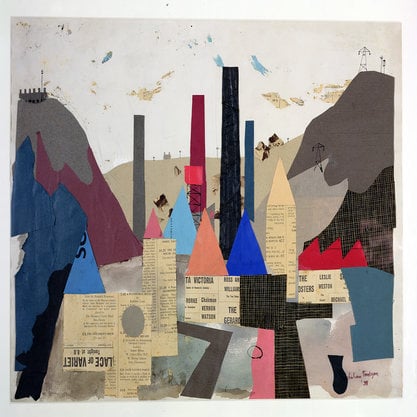Article
Xu Beihong [徐悲鴻] (1895–1953) By Ma, William H.
Article
Xu Beihong was a key figure in modern Chinese art who used his Western academic training to remake Chinese art in the 20th century. He began his career in Shanghai as an illustrator and commercial painter. After briefly studying in Japan, he took another opportunity to study in France in 1919 at the Ecole Nationale Supérieure des Beaux-Arts under Pascal Dagnan-Bouveret (1852–1929). He was an avid defender of French academic style and an opponent of European modernism in the modernization of Chinese art; for this he was sometimes criticized for obstructing artistic progress in China. Returning to China, he served as the head of various university art departments and academies. As one of the first Chinese artists to achieve international fame, he met with many renowned cultural figures, including Rabindranath Tagore, in the interest of creating a unified Asian style of modernism. Addressing the social and political needs of modern Chinese art, his monumental works combined French academic composition and the aesthetics of Realism with traditional Chinese painting techniques and subjects. He is mostly known today for his later monochromatic paintings of horses, done with precisely controlled Chinese brushwork, yet at the same time able to convey a sense of expressive dynamic movement.


